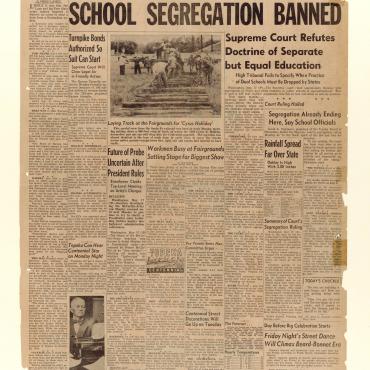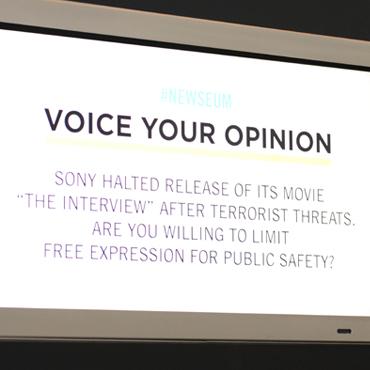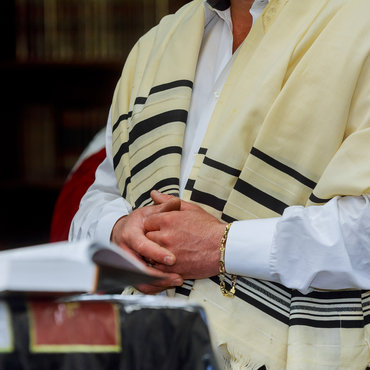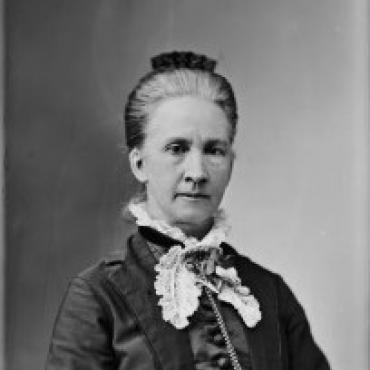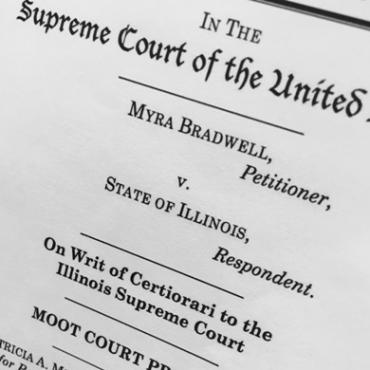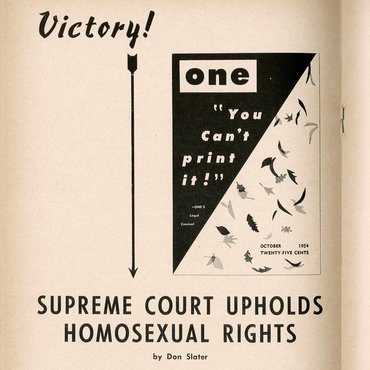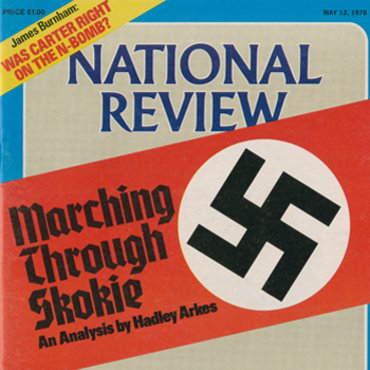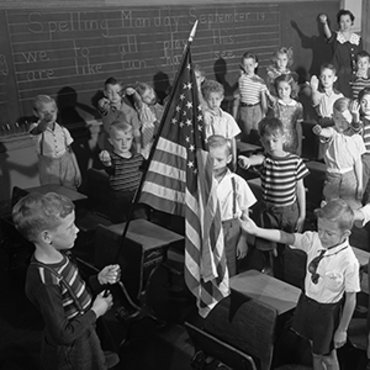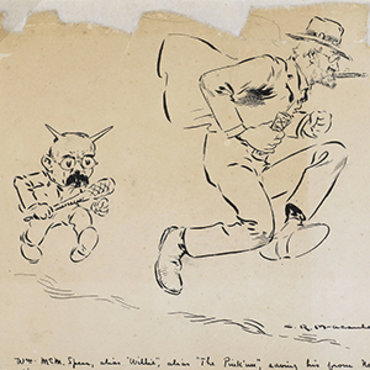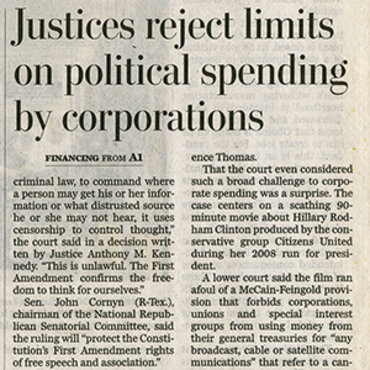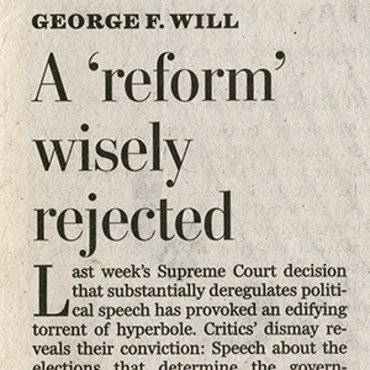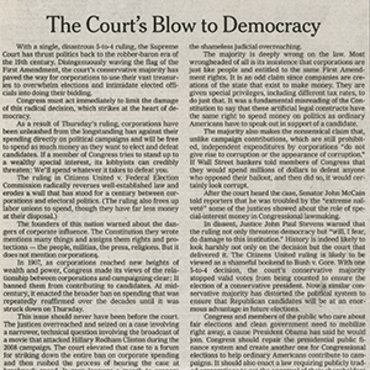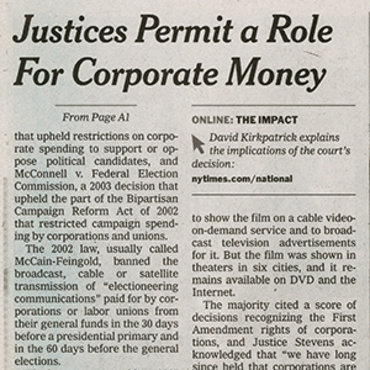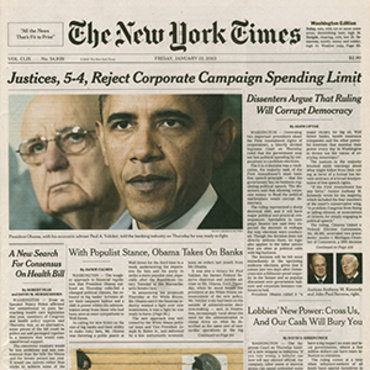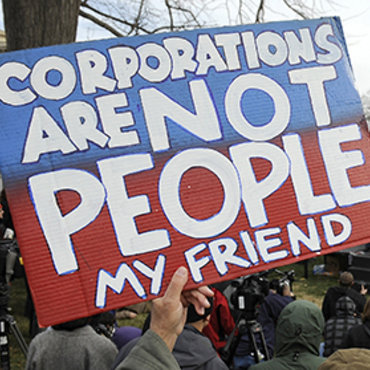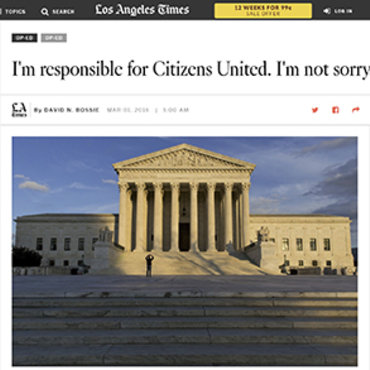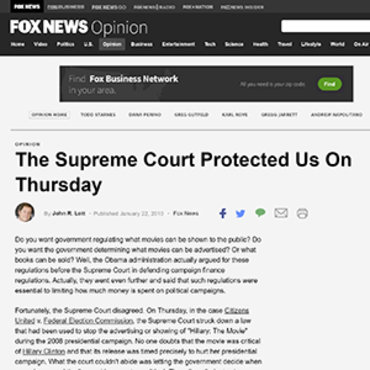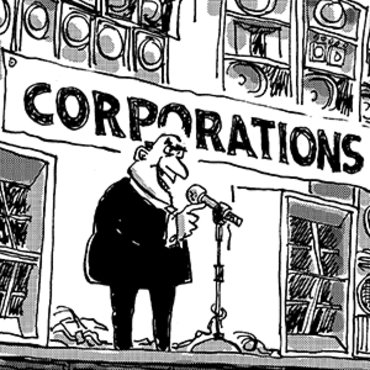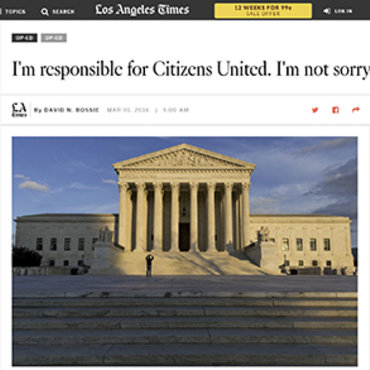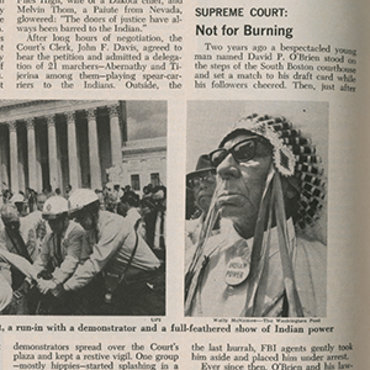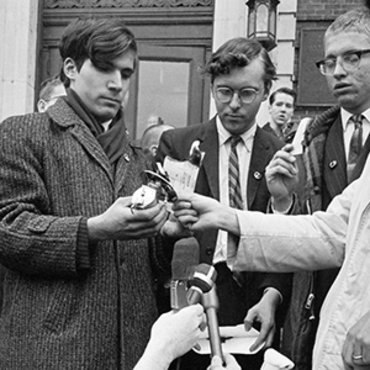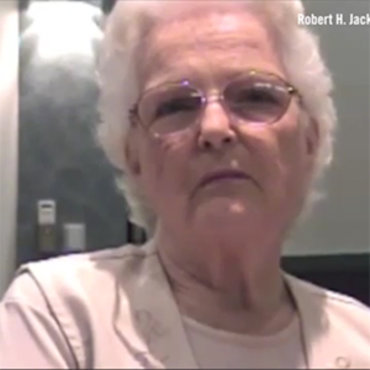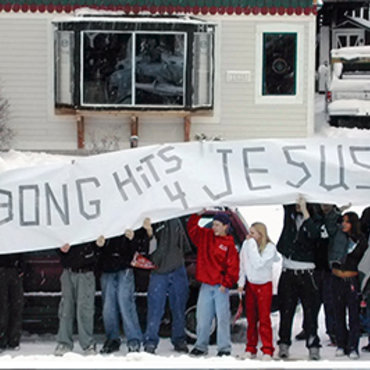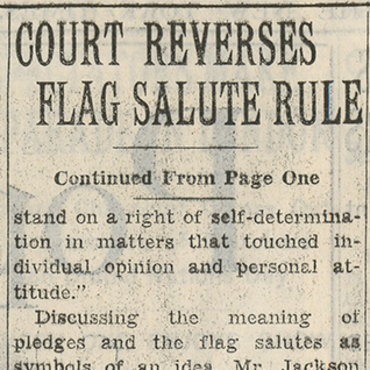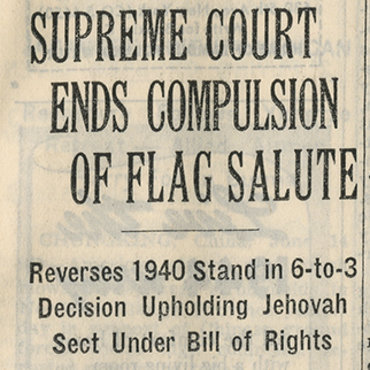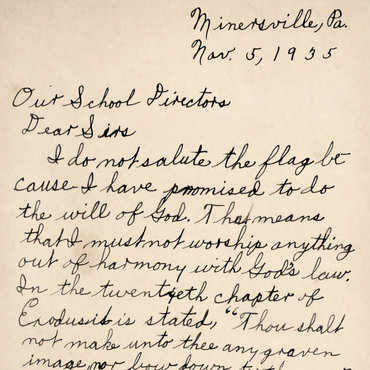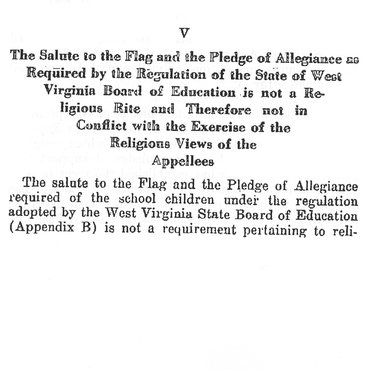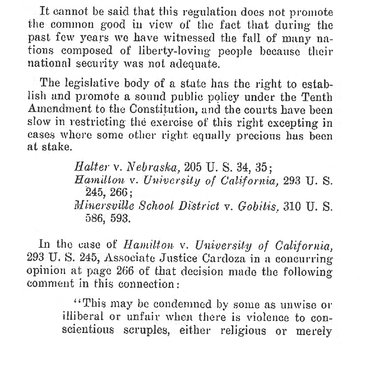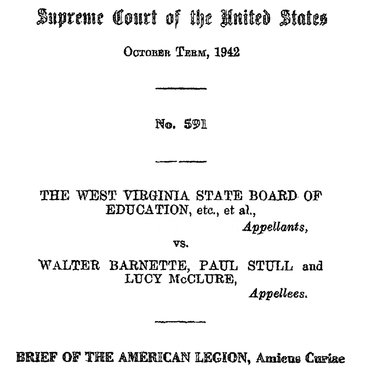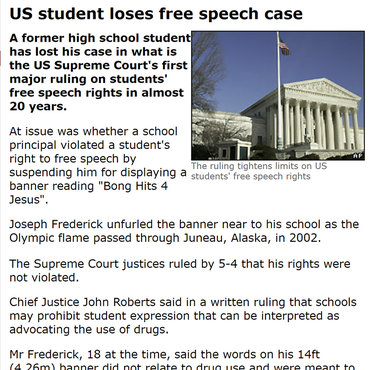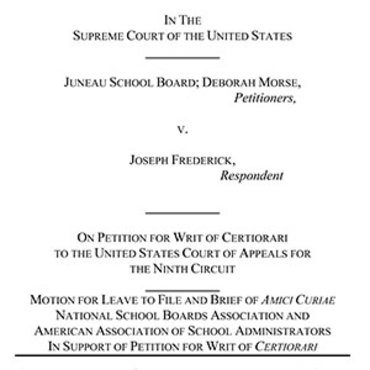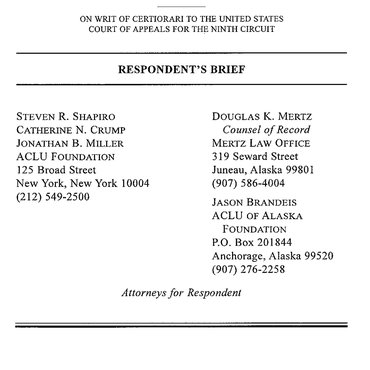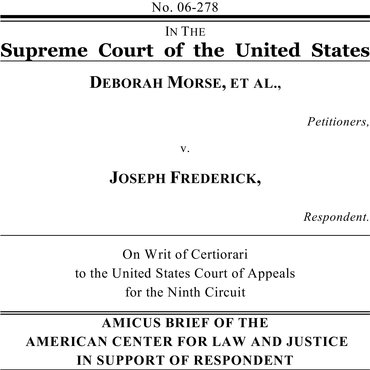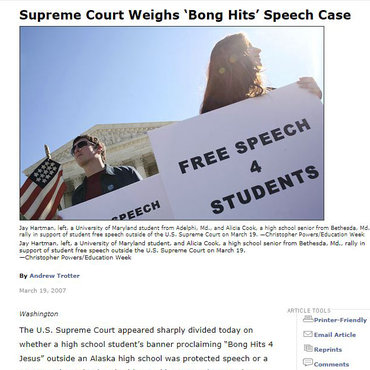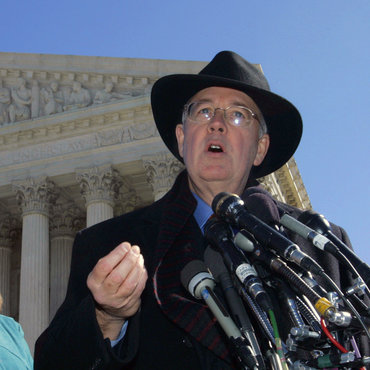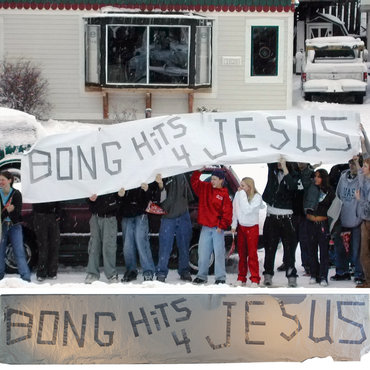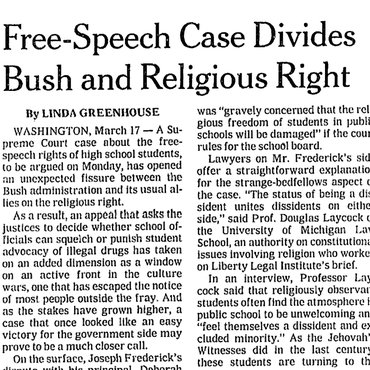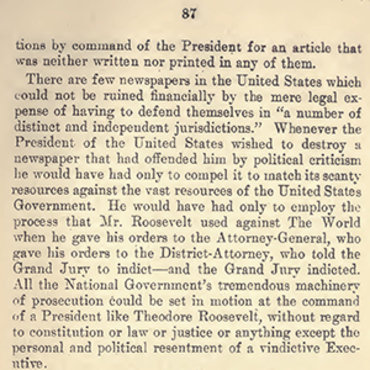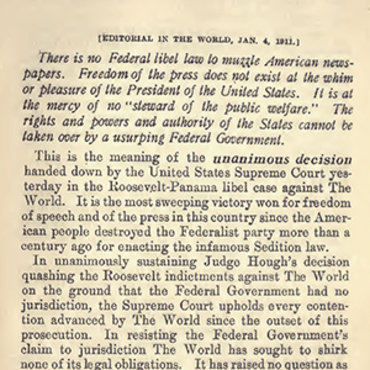Free Speech Essentials: 2021 Snapping Back at Snapchat
Do schools have the right to punish students for online speech when they are off campus?
Get even more great free content!
This content contains copyrighted material that requires a free NewseumED account.
Registration is fast, easy, and comes with 100% free access to our vast collection of videos, artifacts, interactive content, and more.
NewseumED is provided as a free educational resource and contains copyrighted material. Registration is required for full access. Signing up is simple and free.
With a free NewseumED account, you can:
- Watch timely and informative videos
- Access expertly crafted lesson plans
- Download an array of classroom resources
- and much more!
- Supreme Court
- 6-12
- Adult
- College/University
THE CASE
You are the cheerleading coach of a public high school in central Pennsylvania. Students who are members of the cheerleading team sign a code of conduct requiring cheer team members to show respect for the school, not to use profanity and not post disparaging comments about the cheer team on social media. This code of conduct has been approved by the school board.
You have recently held try outs for the cheerleading team and have posted the results, indicating which students made the junior varsity and varsity teams. On a Saturday after the new cheerleading team rosters are shared, a student, upset at being placed on the junior varsity team for a second year instead of the varsity team, posts an image to Snapchat of her and a fellow student raising their middle fingers off campus with the text saying, “F— school f— softball f— cheer f— everything.” The student was not on campus when she shared the Snap with her 250 friends and followers — many of whom are fellow students and members of the cheerleading team. The student does not mention the school or coaches in her social media post. Due to the nature of Snapchat, the image is deleted after a short period of time.
Multiple students at school see the Snap and one member of the cheerleading team takes a screenshot of the image to show the coaches. Some students on the cheerleading team approach the coaches to say they are upset over the message. The student has offered to apologize for her Snapchat comments.
Do you punish the student for her profanity-filled Snap?
DEBATE POSITIONS
Yes. Suspend the student from the cheer team for one year for violating the code of conduct.
- The student had read and agreed to the code of conduct when she joined the cheerleading team. Her profanity-filled message negatively impacted other students on the team.
No. The student was off campus when she posted to social media; it is not the school’s role to punish her.
- Since some students said they were upset about the Snap, explain to the student the impact her message had on her peers and encourage her to apologize. Have a conversation with the student about alternative ways to use her voice to express frustrations with school activities.
Gather evidence to support your debate position
Read this article from Freedom Forum Fellow David Hudson on major student speech Supreme Court cases since Tinker v. Des Moines Independent Community School District (1969).
QUESTIONS TO CONSIDER
- Does the student have a First Amendment right to post the Snap to social media?
- Does it matter whether the incident took place on or off school grounds?
- Do you think a code of conduct that a student signs should govern speech made off campus?
- Did the student’s Snap have a significant impact on other students from the school or distract them from learning?
This case study pairs with the Free Speech Essentials EDCollection. Critical debates reveal the foundations, flare-ups and frontiers of this First Amendment freedom. Use 16 provocative case studies to explore historical and contemporary debates on a key expression issue, from federalism and Facebook, to censorship and cyberbullying.
This case study pairs with the Free Speech Essentials EDCollection. Critical debates reveal the foundations, flare-ups and frontiers of this First Amendment freedom. Use 16 provocative case studies to explore historical and contemporary debates on a key expression issue, from federalism and Facebook, to censorship and cyberbullying.
